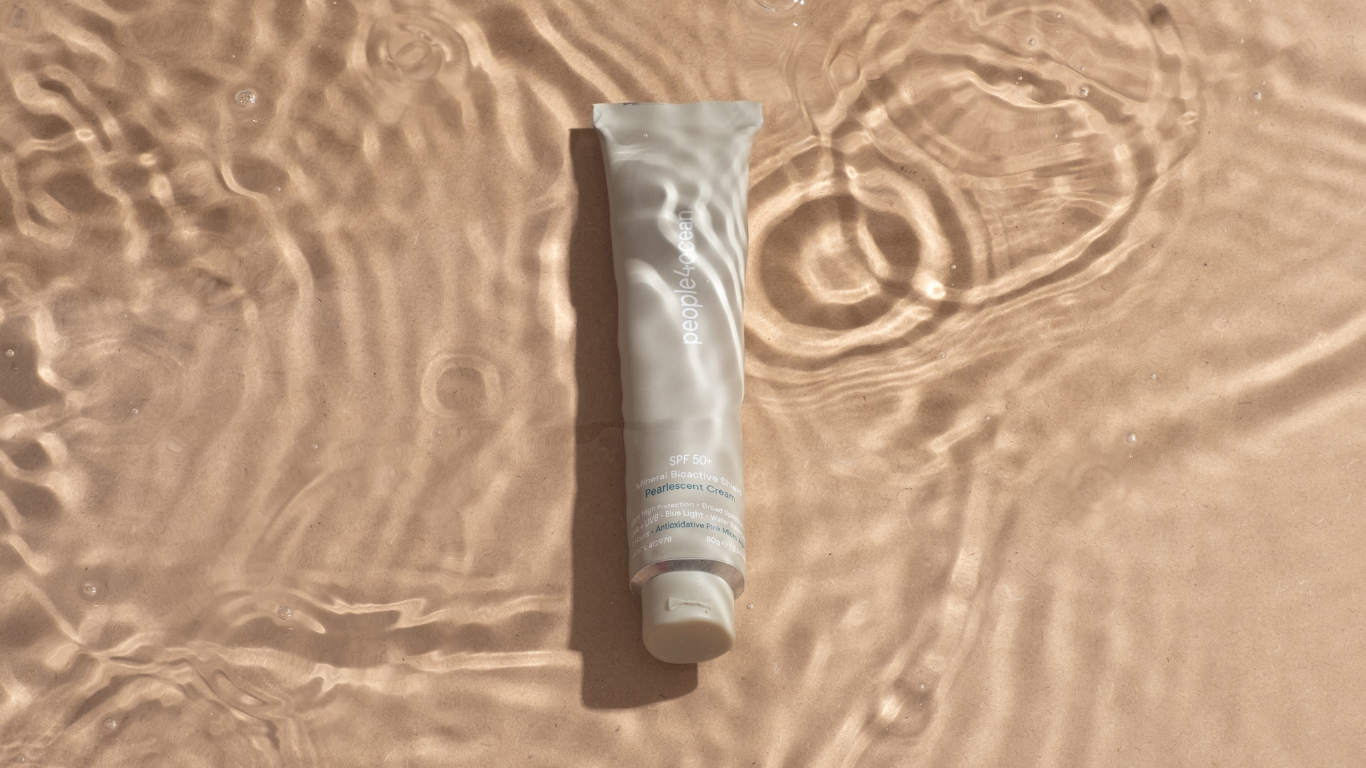
It's no secret that we have a deep-rooted relationship with the sun—from beach days to barbecues, we thrive under the golden rays. But with strong UVs comes the responsibility of skin protection. Earlier, sunscreens were all about preventing sunburn. But as we've evolved, so has our understanding of what truly constitutes effective sun protection. This has led to the popularity of mineral sunscreen. But what makes it the new favourite? Let's find out.
The Science Behind Mineral Sunscreens
Mineral sunscreens, unlike their chemical counterparts, use natural minerals as their active ingredients. These minerals sit on the skin's surface and act as a physical barrier, reflecting the sun's harmful rays. The primary minerals used are zinc oxide and titanium dioxide. They scatter, absorb and reflect the sun's rays, preventing them from penetrating the skin. Mineral sunscreens are known for their skin-loving properties. They're especially great for those with sensitive skin.
Why Choose Mineral Over Chemical Sunscreens?
Mineral sunscreens are often referred to as physical sunscreens. They contain natural minerals that sit on the skin's surface and act as a shield, reflecting and scattering the sun's rays. On the contrary, chemical sunscreens contain organic (carbon-based) compounds that absorb UV rays, convert them into heat and then release them from the skin. Let's delve into the reasons why people are leaning towards mineral options:
- Sensitive Skin Friendly: Mineral sunscreens are less likely to cause skin irritations, making them a top choice for those with sensitive skin or allergies.
- Immediate Protection: Unlike chemical sunscreens that require about 20 minutes to become effective, mineral sunscreens work immediately upon application.
- Broad Spectrum: They offer protection against both UVA (ageing) and UVB (burning) rays.
- Environmentally Friendly: Many chemical sunscreens contain ingredients like oxybenzone and octinoxate, which are known to harm coral reefs. Mineral sunscreens are free from these harmful chemicals.
Debunking Myths: Is Mineral Sunscreen Really Effective?
Mineral sunscreens, despite their growing popularity, are surrounded by a few myths:
Myth: They Leave a White Residue
While early versions of mineral sunscreens were notorious for leaving a chalky finish, modern formulations have evolved. Today's mineral sunscreens blend seamlessly into the skin.
Myth: They Aren't As Effective
Some believe that because mineral sunscreens sit on the skin's surface, they're easily rubbed off and less effective. The truth? When applied correctly, they provide robust and long-lasting protection against harmful UV rays.
Myth: They're Only for Sensitive Skin
While they are a boon for sensitive skin, mineral sunscreens are suitable for all skin types, offering hydration, protection and even anti-ageing benefits.
Remember, the key to any sunscreen's effectiveness is proper application and reapplication, especially after swimming or sweating.
How To Properly Apply Your Mineral Sunscreen For Maximum Protection
While applying sunscreen may seem simple, there's a right way to do it.
Generous Application
Ensure you're using enough product. A teaspoon for the face and a shot glass amount for the body is a good rule of thumb.
Reapply Regularly
Especially after swimming or sweating. Every two hours is a general guideline.
What Makes SPF 50 Different From SPF 30?
It's all about the percentage of UVB rays they block. SPF 30 blocks about 97% of UVB rays, while SPF 50 blocks approximately 98%. It might seem like a small difference, but every bit counts when it comes to protecting your skin.
The Environmental Impact: Protecting Oceans And Marine Life
Choosing the right sunscreen isn't just about personal health; it's about the health of our planet.
- Reef-Safe: Many sunscreens contain chemicals that harm coral reefs. Mineral sunscreens are reef-safe, ensuring marine life is protected.
- Biodegradable: They break down naturally, reducing pollution in our oceans.
Embrace The Sun With Confidence
When you opt for mineral sunscreen, you're making a choice that benefits not only your skin but also the environment. For regions where the sun is both a blessing and a challenge, making informed decisions about sun protection is important. So, next time you're gearing up for a day under the sun, remember the advantages of mineral sunscreen. And if you're looking for the best in sun protection and aftercare, why not visit our shop to view our full range of products? Contact our team at People4Ocean for more information.


Comments (0)
Back to Blog